Charles Pakana (Victorian Aboriginal News): While many Australians strive to understand just how a voice to Parliament will work, a significant number of local governments across the country have for many years been maintaining their own First Nations voice to government, in the form of advisory committees.
In one of the most significant local government areas in New South Wales, the City of Newcastle has been guided by First Nation’s voices for several decades, in the form of the Guraki Aboriginal Advisory Committee.
Joining us to talk about this is the Advisory Committee’s chairperson Worimi man, Luke Russell. Luke, welcome to the program.
Luke Russell: Thank you, Charles. It’s good to be here, brother.
Charles: Luke, in very simple terms, in layman’s terms even, what’s the purpose of the Guraki Advisory Committee?
Luke: Basically, it’s to provide guidance and advice to City of Newcastle Council on all local Aboriginal issues.
Charles: Now, there are a number of, as I’ve mentioned, similar advisory committees right across Australia. And Guraki though is quite different, in that it’s got a strong focus on stakeholders from key organisations. You’ve got local Aboriginal Land Councils, the University of Newcastle, and even Aboriginal Affairs New South Wales. That’s a fairly hefty lineup. Does that also indicate just how deep some of these conversations are with Council?
Luke: I think the aim more so was to have a fairer and good representation from across the community. So by having some major stakeholders, combined with community members, we just want to make sure that the majority and hopefully all of the community, is actually getting their voice heard by the Council.
Charles: The committee has been going for well over 20 years. What are some of the landmark events, or discussions that you believe have been achieved as a result of this relationship between the City of Newcastle and the Advisory Committee?
Luke: A lot of it is to do with the education, about our mobs, our people, where we come from, ’cause it’s well known that Newcastle is the second-oldest city. Not to get in that whole settlement debate, but the second-oldest city in the country. So colonially, there’s a big history there. The biggest progression I see is the partnership and the willingness of the council, especially in the later years and more recent years of putting, I guess for lack of a better term, a blackface back on Newcastle again.
Charles: Luke, what are some of the specific projects that you believe have been successful, as a result of that relationship between the City of Newcastle and the Advisory committee?
Luke: We could put it under one big umbrella of the promotion of our local culture, but one of the highlights for me was the dual naming project, where a few years ago now, Newcastle Council come in partnership with the local mobs helping out as well, to have eight place names dual named around the town. So now we have them recognized with their traditional name.
Charles: And what were some of those places?
Luke: Some of them are Newcastle’s, I guess more iconic places as well. So Whibayganba, which is Nobbys Headland, Tahlbihn, which is where Fort Scratchley sits, …. So we’ve got a fair few within the heart of Newcastle, that now quite rightly have their traditional names added to it.
Charles: Luke, obviously that’s one of the most significant initiatives that’s been undertaken by Council in achieving reconciliation. Let’s get now though to the Uluru Statement From the Heart and of course the upcoming referendum. I believe there’s been quite a deal of conversation between the Guraki Aboriginal Advisory Committee and Council. When did all this start?
Luke: Our first interaction with Council was a joint meeting that we had with equally, some of the members from the From the Heart, Uluru Statement mob, who came down to give us their pitch and let us know what they were doing and how we felt about it, how it sat with us. And then from that point, obviously our discussions continued, and from there we’ve had the elected part of Newcastle Council unanimously back the Uluru Statement From the Heart with support.
And then from there, we’ve had a number of community groups, in alignment with and a partnership with Trades Hall who have then organised and formed the Newcastle From the Heart Committee, to then push this yes vote and the information around it forward.
Charles: I imagine there would’ve been some challenges in the endorsement or support of the Uluru Statement. What were some of those challenges and how were they addressed from the Advisory Committee in reassuring and working with Council?
Luke: Like everywhere, people have their concerns and especially the concerns from mob, around how the council will operate. Obviously a lot of their mainstream issues that are popping up in other parts of the country, about treaty, sovereignty. So how that was dealt with was that we put it to all members, and then equally had spread it around the community. It was part of the reason why we also looked to form a separate committee to push forward with this. So those who may have not been completely on board yet, or those who want more information, weren’t forced into it. And that’s why the Newcastle From the Heart Committee was then established.
Charles: When you say there was a separate committee formed, was that a sub working group of the Guraki Aboriginal Advisory Committee, or just a different organization totally, or different committee totally?
Luke: No, a separate, different committee altogether, and it’s because what we did was that we were contacted by, as I said, a number of different community groups via our local Trades Hall, wanting to be involved with the campaign. And so what we thought was the best way to push forward that, is to come up with and start a fresh committee, so that would be inclusive of all members of the community who wanted to take part.
Charles: When was that working group or committee founded?
Luke: I believe, now we’ve been together probably for about four or five months.
Charles: And I would assume that this is actually a pro Yes campaign, as you’re advocating for a yes vote in the referendum?
Luke: Yes. Yes, it is.
Charles: And what are some of the key initiatives that you’re implementing to achieve that result? How’s your campaign being run?
Luke: First of, all we did was just started networking, started to basically put the feelers out within the whole community to see about who would like to be involved, just starting to get organised and then equally waiting for the national campaign and the national launch to happen. So then we can take off from there.
Charles: And what are some of the main initiatives that you might be implementing over the coming months?
Luke: One of the positive things for us from Newcastle is as we’ve mentioned, the council support and the council have organised a yarn with all of community this coming Sunday, the 26th. So we’ll have a number of different speakers giving their opinion, interpretation on the referendum.
And then from there, I know from the committee perspective, is that we’re looking to have a major launch as well as just to keep the community updated about the strategy going forward. And equally too, is to keep the word and the information about this on track, ’cause one of the things that we have noticed is a little bit of misinformation coming in.
And I think for me from a personal level is the fact that the constitutional recognition has sort of been pushed aside a bit with this talk, debate, questions about details of how the voice would work. My understanding from those who make far greater decisions than me, is that the details will be nutted out by those parties that are in power, if the campaign gets across the line.
So the important part, and I try to reiterate to mob is that first and foremost, the constitutional recognition is the important part. And then the flow on effect from that would be the Voice.
Charles: You mentioned in a pre-interview yarn we had yesterday, Luke, that for you this was really important for the old folks, for the ancestors. Just talk about that and tell us why that’s so important to you?
Luke: Look, I just think for me, and again, from a personal point of view…
Charles: Sure.
Luke:… Is that from a family perspective, clans perspective, my mobs perspective, is that the recognition first and foremost of our old people, those ones that were here prior to settlement. Definitely recognition of those who endured, suffered, lived through the settlement period to get us where we are here today.
And even our recent mob, who have done the hard yards and haven’t lived long enough to see what’s on the table now and what’s being proposed, for them not to have a say when I know that the opinions of some of those older ones before they passed, would be in support of what’s being offered today.
Charles: Luke Russell, chair of the Guraki Aboriginal Advisory Committee, thanks very much for sparing some time and joining us on the Referendum ‘23 Tapes podcast.
Luke: Not a problem, Charles. Thanks very much, brother.


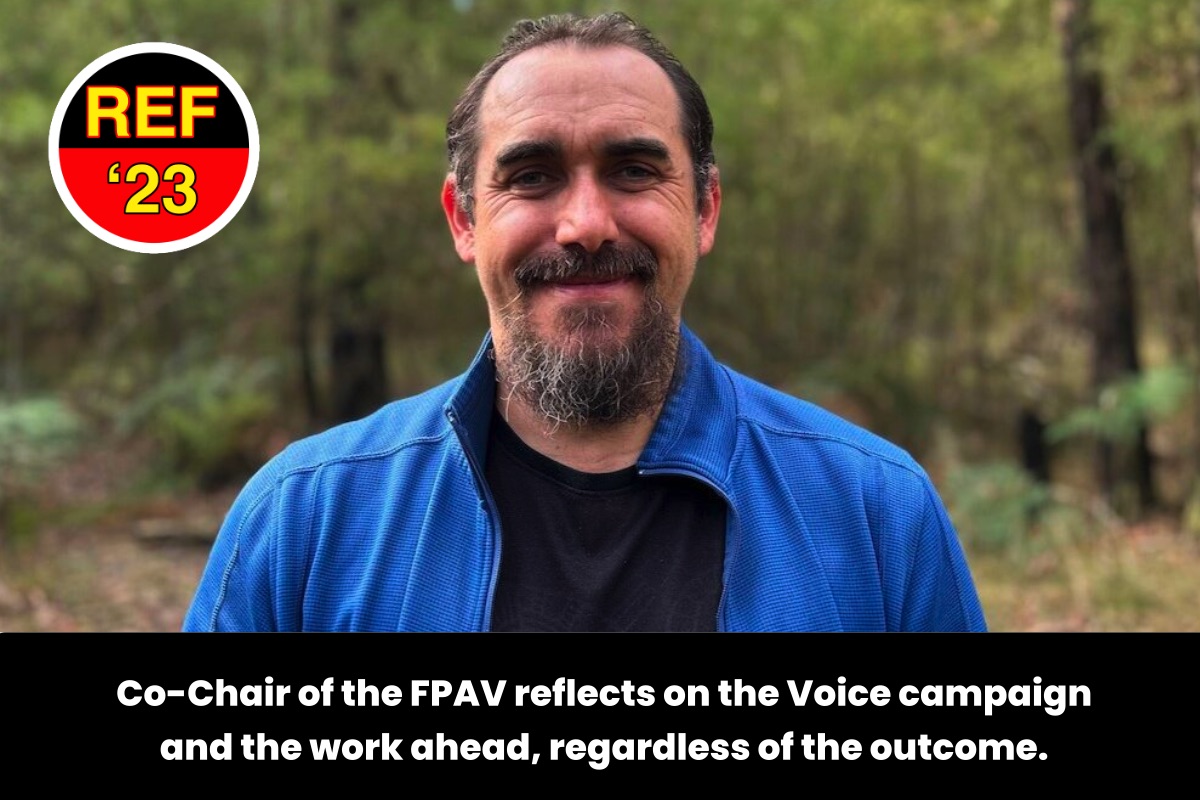
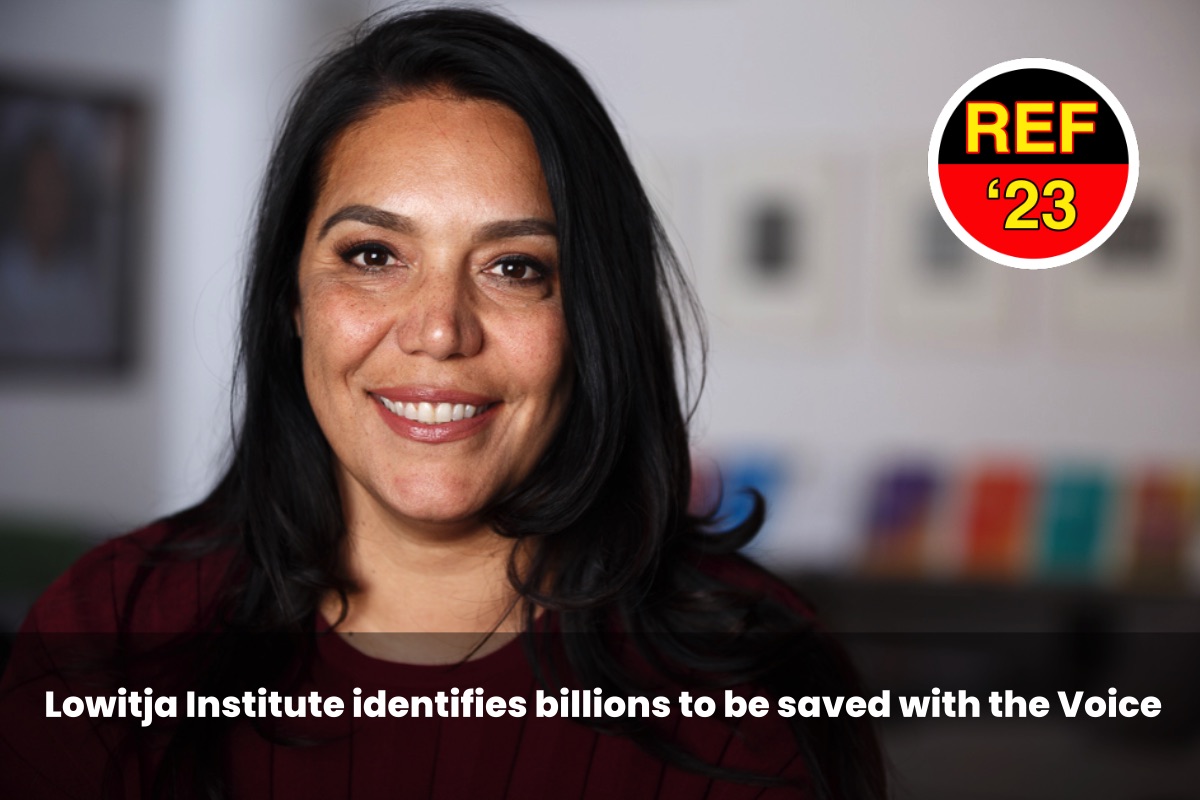
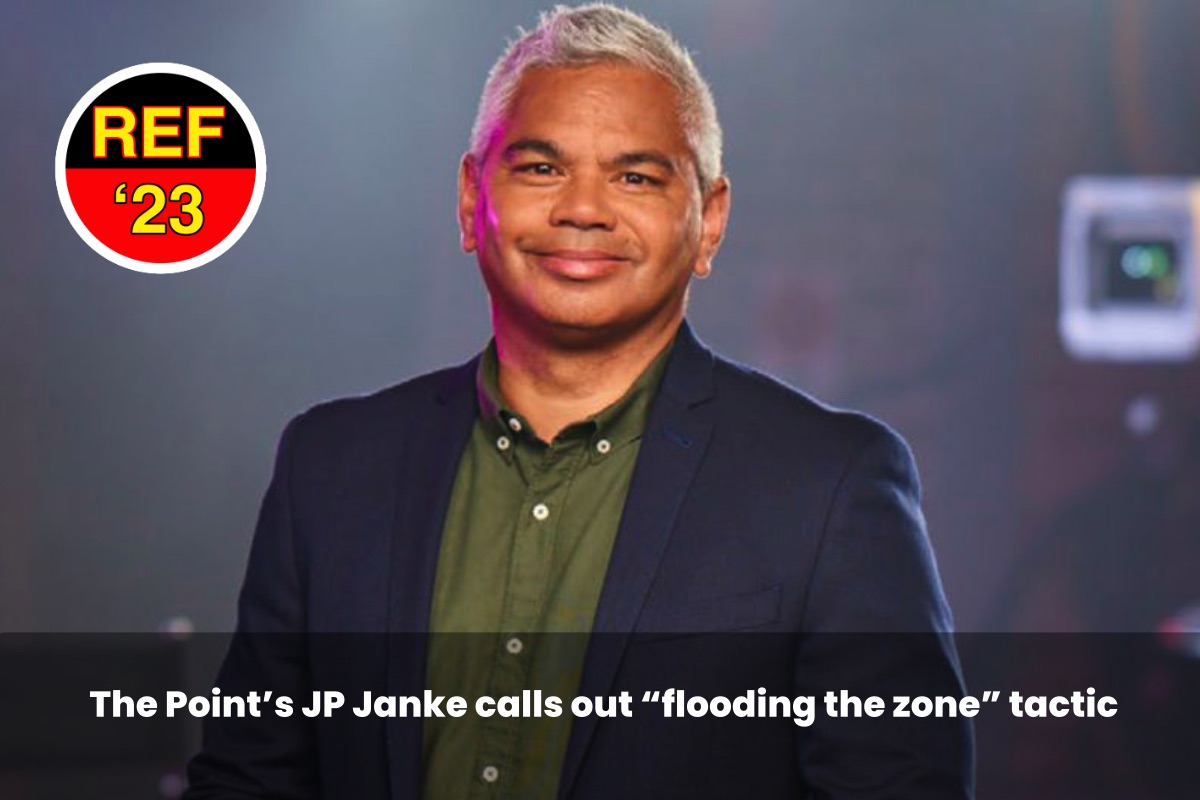
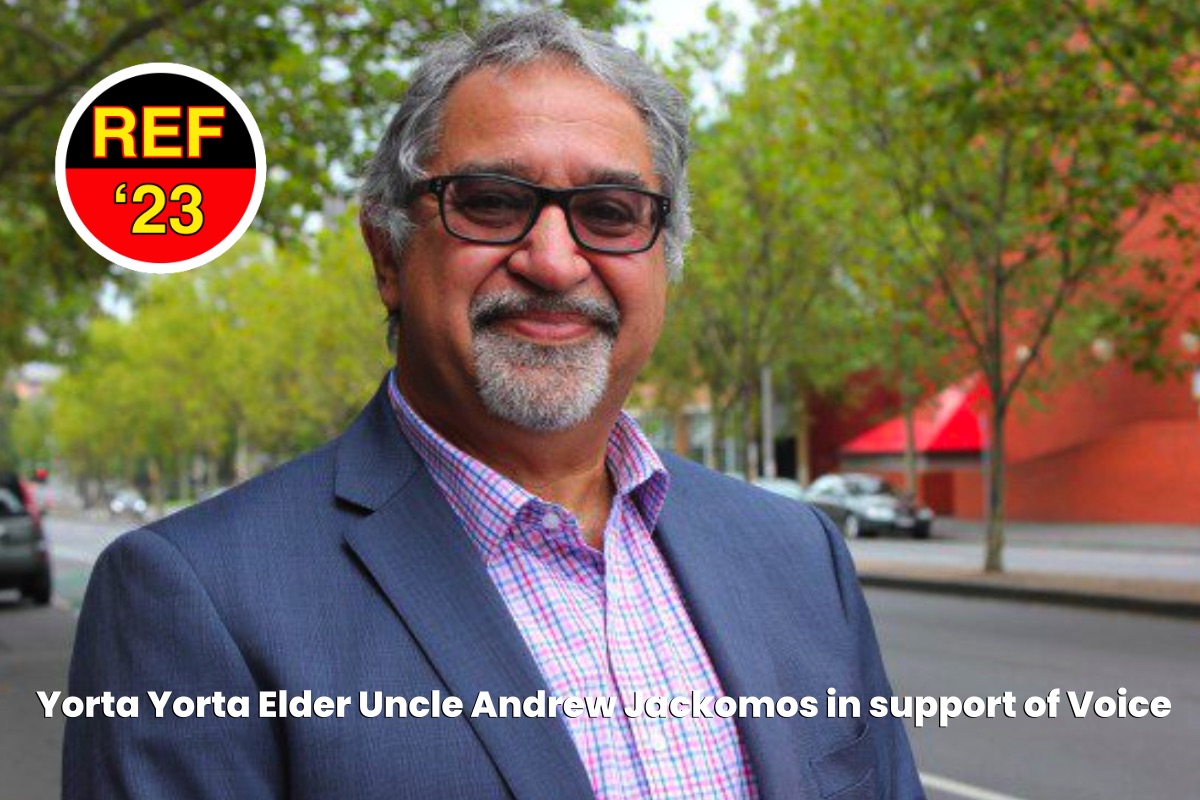
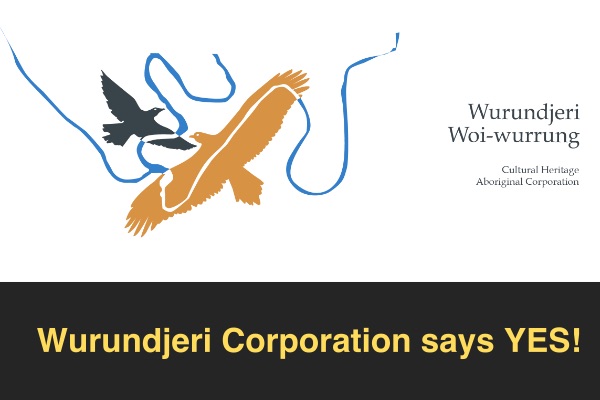

0 Comments